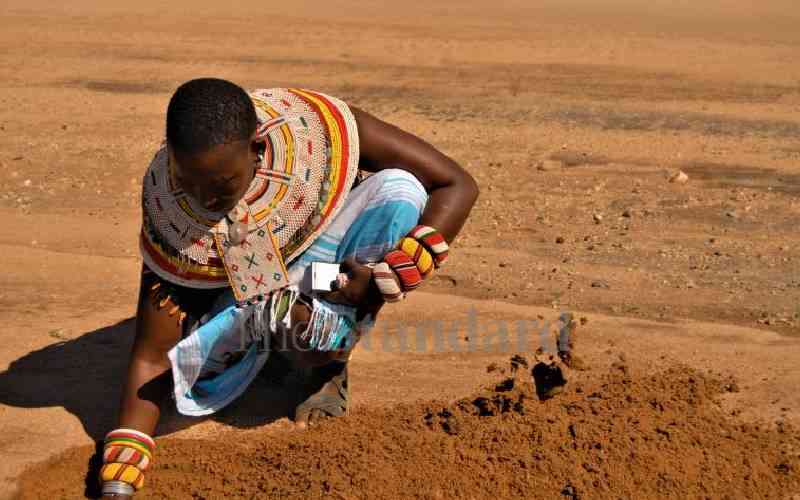
The launch of the Global Biodiversity Framework Fund (GBFF) last week marks a crucial step forward in the implementation of the Kunming-Montreal Global Biodiversity Framework, the global plan agreed by governments in Montreal, Canada, in December 2022 to halt biodiversity loss by 2030.
The new fund was ratified and launched at the Global Environment Facility's (GEF) Seventh Assembly in Vancouver, where two countries announced initial contributions to start its capitalization. This included 200 million Canadian dollars from Canada and 10 million pounds from the United Kingdom.